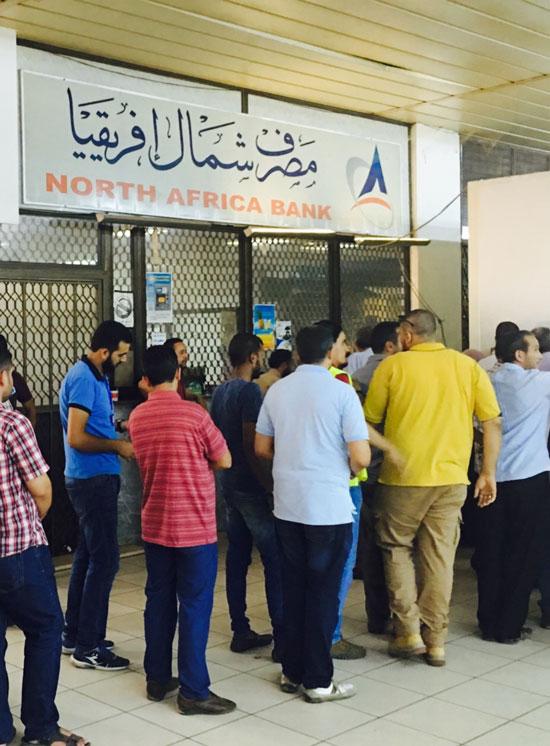
Oil, Order and Diversification in Libya
Over the past two decades, we have learned a lot about the “resource curse.” Libya in particular finds itself as an unfortunate case study, proving various hypotheses of scholars and policymakers around the subject.
With the largest reserves in Africa and the ninth-largest in the world, Libya’s oil in particular has had at least three harmful effects. Michael Ross suggests that oil tends to make authoritarian regimes more durable; it kept the Gaddafi regime in power for more than 40 years. Resources tend to increase corruption: Libya ranks at 161 out of 167 in Transparency International’s corruption index. Last, but certainly not least (and as we have witnessed since 2011), oil can help trigger violent conflict.
Last month, Martin Kobler, chief of the United Nations mission in Libya, met with Ibrahim Jadhran. Once a leader of the Cyrenaican federalist movement, Jadhran had in 2014 seized control of and blockaded shipments from the major Libyan oil ports of Es Sider and Ras Lanuf, effectively stopping annual revenue streams of tens of billions of dollars that are desperately needed to restore the war-torn country.
Two years on, exports from these ports have not resumed. Various media suggest that blockades may be lifted after the Tripoli-based Presidential Council agreed to pay salaries of Oil Facilities Guard members at the ports. The move was harshly criticized by national oil company chairman Mustafa Sanalla as “setting a terrible precedent which encourages anybody who can muster a militia to shut down a pipeline, an oil field, or a port, to see what they can extort.” Controversial as they may seem, such measures are part of the reality of Libya today: natural resources occupy a central role in the conflict and will continue to frame Libya’s political, social and economic future for many years to come.
Economically, Libya is trying to fend off an unprecedented decline. The deficit is increasing. With record high exchange rates against the dollar, the Libyan dinar has not only weakened in value, but is nowhere to be found. A chronic liquidity crisis over the past three months has meant people line up outside banks at dawn in the hope of withdrawing cash up to whatever cap the bank has put in place on that day—usually not more than USD 30 or USD 40 worth of dinars. People now sell checks in exchange for cash for up to a 33 percent premium.
These stresses have been further compounded by a collapse in public services, especially health care. Most Libyans who can afford it travel to neighboring Tunisia for basic treatment, which now costs over four times the usual price in dinars.
The Government of National Accord (GNA) clearly has its work cut out for it. Although officials have recently said that oil will be shipped in the coming weeks, it is difficult to see how that will actually happen. The rival chief of staff in the East has threatened to attack any vessels that come near the ports. Tribes that are in the oil basin itself have made it clear that they control the supplies to the terminals and that a deal has to be struck with them, not only those controlling the terminals.
The U.N. and others from the international community have been supporting Libya for the past two years by mediating between the warring factions to reach some sort of political arrangement. What might have been more effective, however, would have been to work toward some sort of oil arrangement. This would practically mean some sort of ‘’fair’’ and agreed revenue sharing formula of the oil wealth, since oil money lies at the heart of the Libyan crisis.
Nine months since its conception and 120-odd days since it arrived to Tripoli by sea, the GNA has not yet managed to reign in the chaos in Tripoli, let alone the rest of the country. GNA officials face the arduous task of halting Libya’s downward spiral.
While Washington, Paris, London and the governments of Germany, Spain and Italy are urging all parties to return all oil facilities to the GNA, which desperately needs oil revenues to stream its way, it ought to perhaps in parallel ferociously seek alternative revenue streams. Perhaps this is the time for bold diversification policies to be made to slowly wean Libya off its addiction to oil.
Yusser AL-Gayed is an NRGI senior advisor for the Middle East and North Africa, and a core governments functions advisor in governance and fragility at the United Nations Development Programme.

